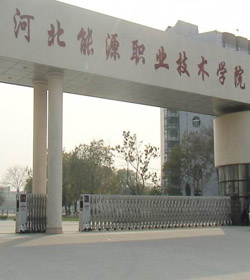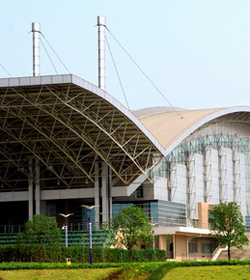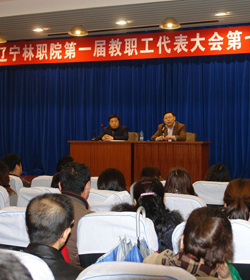2016年英语四级考试仔细阅读练习及答案(5)
2016-06-28 09:32:56am
For some time past it has been widely accepted that babies and other creatures learn to do things because certain acts lead to rewards and there is no reason to doubt that this is true. But it used also to be widely believed that effective rewards, at least in the early stages, had to be directly related to such basic physiological(生理的) drives as thirst or hunger. In other words, a baby would learn if he got food or drink or some sort of physical comfort, not otherwise.
It is now clear that this is not so. Babies will learn to behave in ways that produce results with no reward except the successful outcome.
Papousek began his studies by using milk in the normal way to reward the babies and so teach them to carry out some simple movements, such as turning the head to one side or the other. Then he noticed that a baby who had had enough to drink would refuse the milk but would still go on making the learned response with clear signs of pleasure. So he began to study the childrens responses in situations where no milk was provided. He quickly found that children as young as four months would learn to turn their heads to right or left if the movement switched on a display of lights—and indeed that they were capable of learning quite complex turns to bring about this result, for instance, two left or two right, or even to make as many.as three turns to one side.
Papouseks light display was placed directly in front of the babies and he made the interesting observation that sometimes they would not turn back to watch the lights closely although they would smile and bubble when the display came on. Papousek concluded that it was not primarily the sight of the lights which pleased them, it was the success they were achieving in solving the problem, in mastering the skill, and that there exists a fundamental human urge to make sense of the world and bring it under intentional control.
21. According to the author, babies learn to do things which______.
A. are directly related to pleasure B. will meet their physical needs
C. will bring them a feeling of success D. will satisfy their curiosity
22. Papousek noticed in his studies that a baby______.
A. would make learned responses when it saw the milk
B. would carry out learned movements when it had enough to drink
C. would continue the simple movements without being given milk
D. would turn its head to right or left when it had enough to drink
23. In Papouseks experiment babies make learned movements of the head in order to
A. have the lights turned on B. be rewarded with milk
C. please their parents D. be praised
24. The babies would smile and bubble at the lights because______.
A. the lights were directly related to some basic drives
B. the sight of the lights was interesting
C. they need not turn back to watch the lights
D. they succeeded in switching on the lights
25. According to Papousek, the pleasure babies get in achieving something is a reflection of______.
A. a basic human desire to understand and control the world
B. the satisfaction of certain physiological needs
C. their strong desire to solve complex problems
D. a fundamental human urge to display their learned skills
21. C 22. C 23. A 24. D 25. A
以上就是查字典大学网为同学们带来的“2016年英语四级考试仔细阅读练习及答案(5)”内容了,希望看完能够带给大家一些力量,对同学的生活有所启示,更多内容在这里,请继续关注我们。



